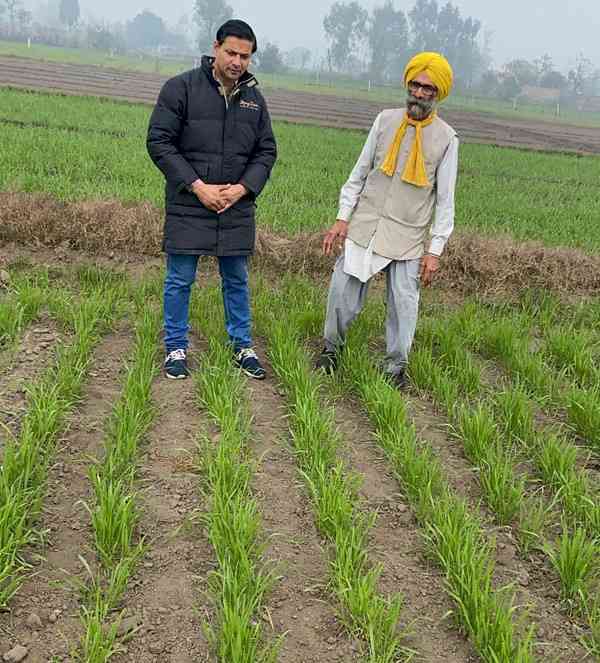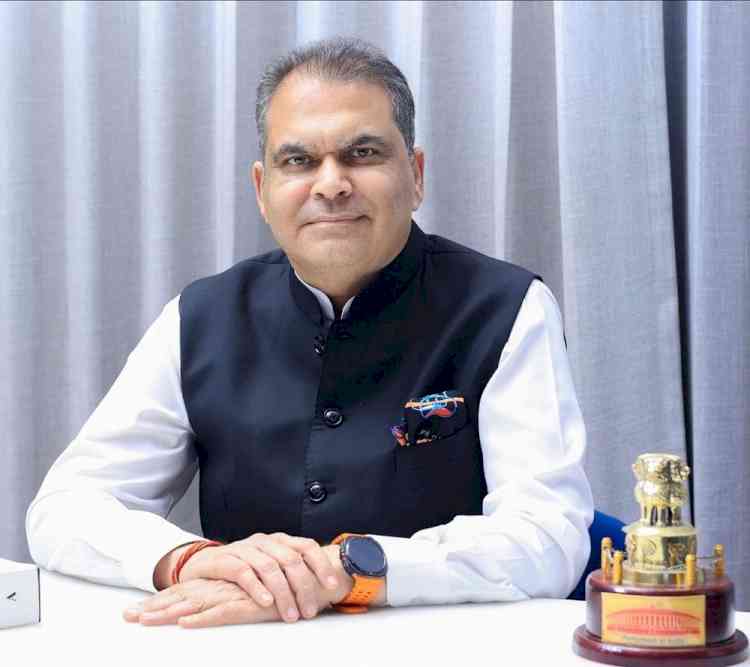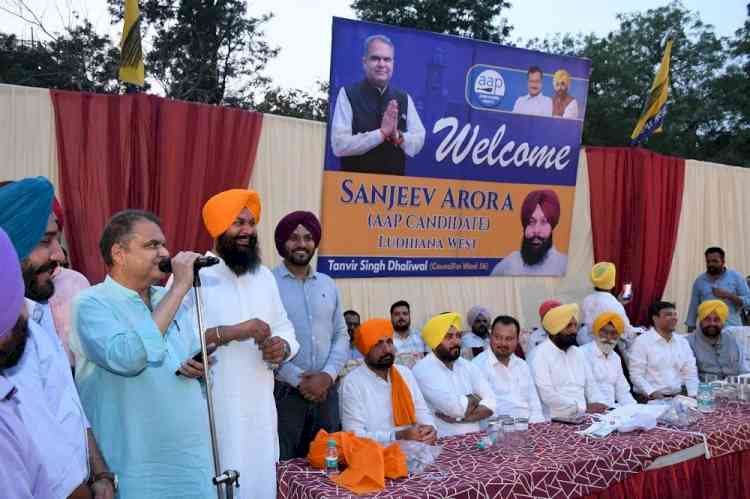FASC Kapurthala researchers conduct comprehensive survey on impact of low temperature on rabi crops in district
PAU Scientists from FASC Kapurthala recently completed a comprehensive survey examining the impact of low temperatures on Rabi crops in various villages of Kapurthala District. The survey independently covered Bhagatpur, Parvej Nagar, Mand Sangojla, Nawan Pind, Hothian, and Sheikhawala villages.

Ludhiana, January 24, 2024: PAU Scientists from FASC Kapurthala recently completed a comprehensive survey examining the impact of low temperatures on Rabi crops in various villages of Kapurthala District. The survey independently covered Bhagatpur, Parvej Nagar, Mand Sangojla, Nawan Pind, Hothian, and Sheikhawala villages.
Divulging details, Dr Pardeep Kumar (Incharge FASC cum Sen Extension Scientist) revealed that during the survey, Rabi crops, including Wheat, Potato, and Mustard fields, were examined, and on-site observations were recorded. The scientists engaged with local growers to gain insights into the difficulties arising from the persistently low day temperatures ranging between 14-15 degrees Celsius and a mean night temperature of 4-6 degrees Celsius, contributing to an overall sluggish crop growth.
The survey reported that most farmers had completed haulm cutting in the potato crop to prevent aphid-induced virus infections. The Wheat crop, currently in the tillering phase, showed signs of induced growth due to low temperatures, with the temporary yellowing likely to be mitigated under sunny conditions. The Mustard crop was reported to be free from diseases such as white rust or ground frost attacks.
Dr Kumar mentioned that farmers encountered delays in field operations for the Rabi season, set back by at least 15-20 days due to unseasonal rains in late October 2024.
The researchers highlighted that farmers have applied two to three preventive sprays of recommended fungicides, and the potato crop is free of late blight disease.
In the absence of rain, farmers are now advised to abstain from synthetic multi-nutrient mixtures to boost crop growth, opting instead for light and intermittent irrigations along with balanced fertilization to check any harmful effect of ground Frost particularly on potato, mustard and vegetable crops. Dr Kumar reported that any sudden downpour may further boost the growth of all Rabi crops and mitigate the abiotic stress exerted by prolonged low temperatures and foggy conditions in the Kapurthala district.


 City Air News
City Air News 








